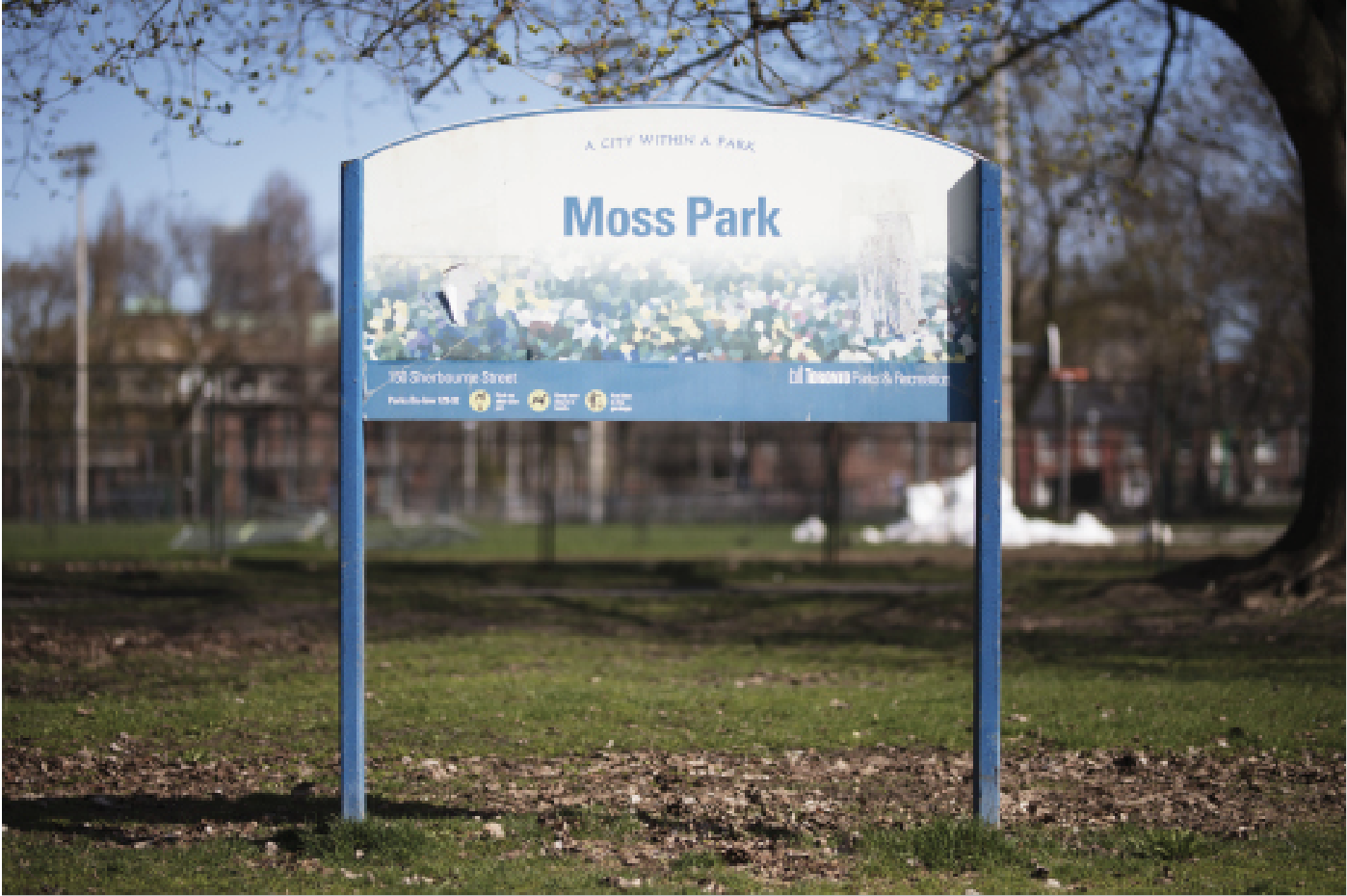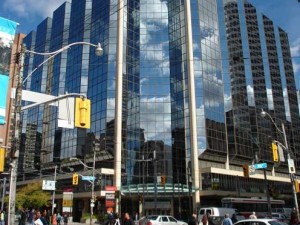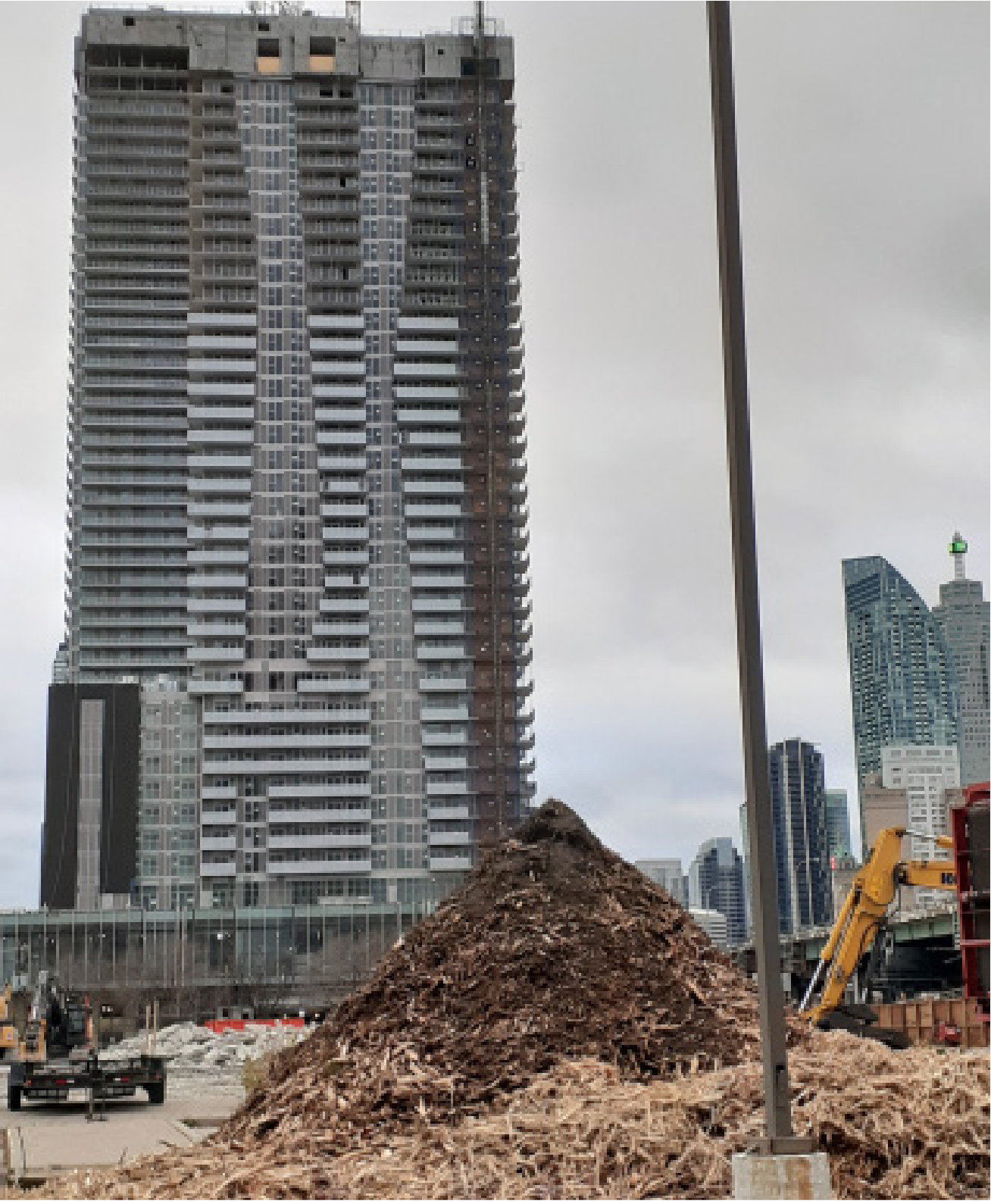By Andre Bermon
On October 16 the City of Toronto, The 519, and an undisclosed philanthropic partner declared the Moss Park Revitalization Project “unfeasible.” This was a result of poor judgment made worse by a less-than-clear vision for elevating this underprivileged neighbourhood.
The concept for Moss Park’s redevelopment, dubbed ‘More Moss Park,’ began with the 519 Sport and Recreation Project, the first LGBTQ-focused recreation centre in Toronto. The proposed site spanned the John Innes Community Centre, the Moss Park Arena and the adjacent parkland.
Through the spring and summer of 2016 there were consultations to gauge public sentiment. A final report entitled, “What We’ve Learned,” detailed findings of more than 2,500 conversations with community members, groups and organizations about the plans for transforming the area’s indoor and outdoor facilities. The $100-million price tag was to be divided among the anonymous philanthropic donor, fundraising by The 519 and all three levels of government.
A revitalization project of this scope in an area long beset by social ills was not without sizable obstacles, as the final report concedes. Moss Park is home to a diverse community with a large population of low income earners and people who are either homeless or underhoused. Drug trafficking and addiction are also prominent in an area that, as a result, is packed with social services battling Toronto’s ongoing opioid crisis.
The improbable task of trying to accommodate all the needs of everyone who would use the future site was a major sticking point. Many residents made it clear in their feedback that a renewed Moss Park should serve local communities first. After all, locals are the focus of most “revitalization” efforts.
A revitalization project of this scope in an area long beset by social ills was not without sizeable obstacles, as the final report concedes.
On the other hand, many also acknowledged that improved facilities would have brought groups from outside neighbourhoods to use the space as well. That was the primary focus of The 519 and the LGBTQ community, which were the instigators of the plans.
According to the report’s online survey, 85% of respondents who live near Moss Park and don’t use the outdoor facilities claimed personal safety was their main concern. That reflects one of the many sets of physical and emotional barriers people have to negotiate when accessing the neighbourhood’s public services.
Instead, what was presented in the ‘More Moss Park’ plans were elaborate drawings and the hope that bulldozing and replacing essential community hubs would reverse decades of quarantining the city’s social inequalities in Moss Park.

Photo by S.Blondal
Despite pulling the plug, the city’s Parks, Forestry and Recreation division, The 519 and local city councillor Kristyn Wong-Tam remain committed to improving John Innes and the programs the community centre offers.
For any such future initiatives to succeed, they must include what Moss Park needs most: the foundations of a safe and stable community.




